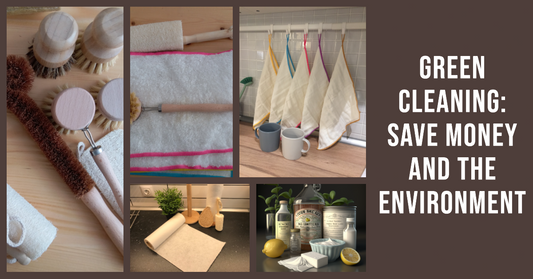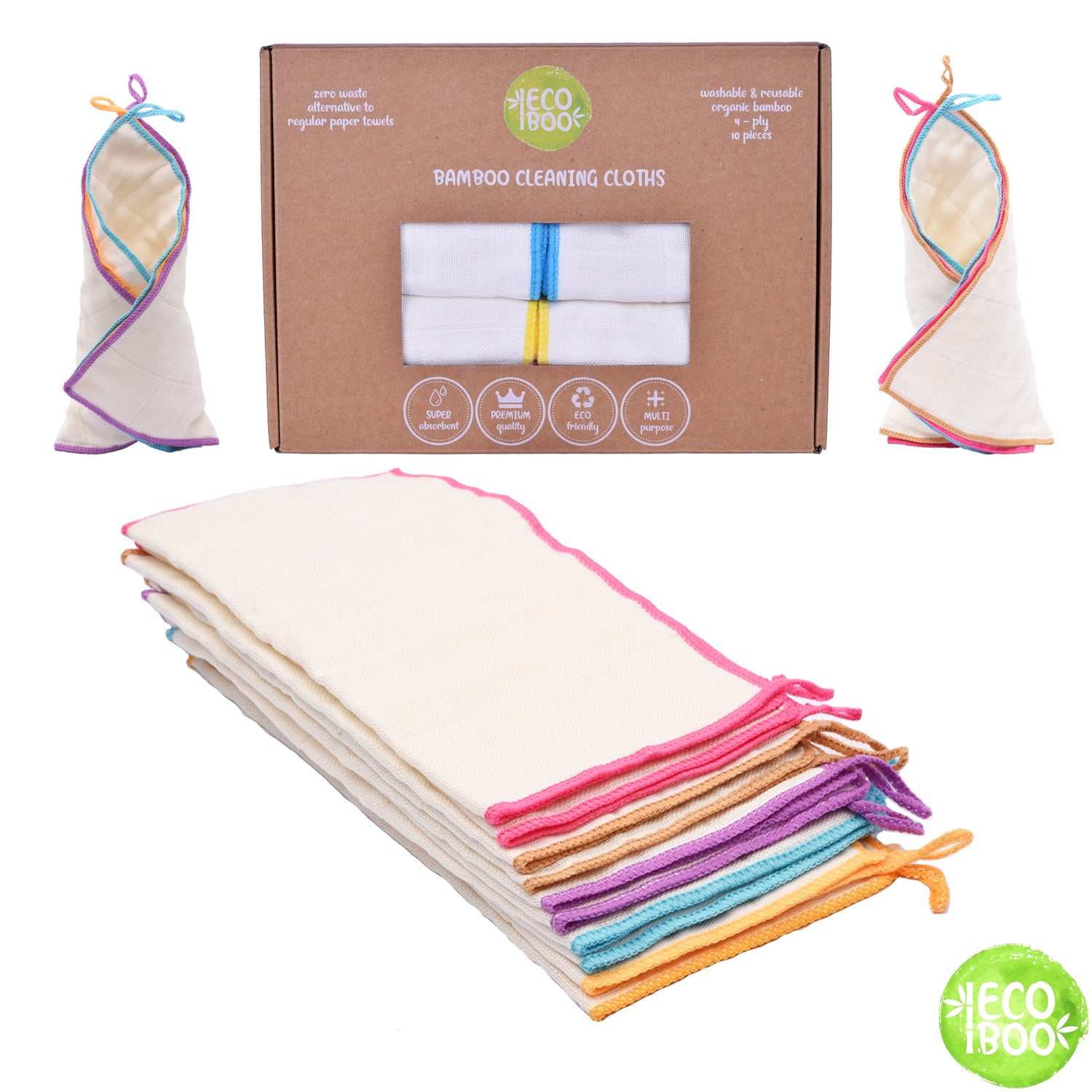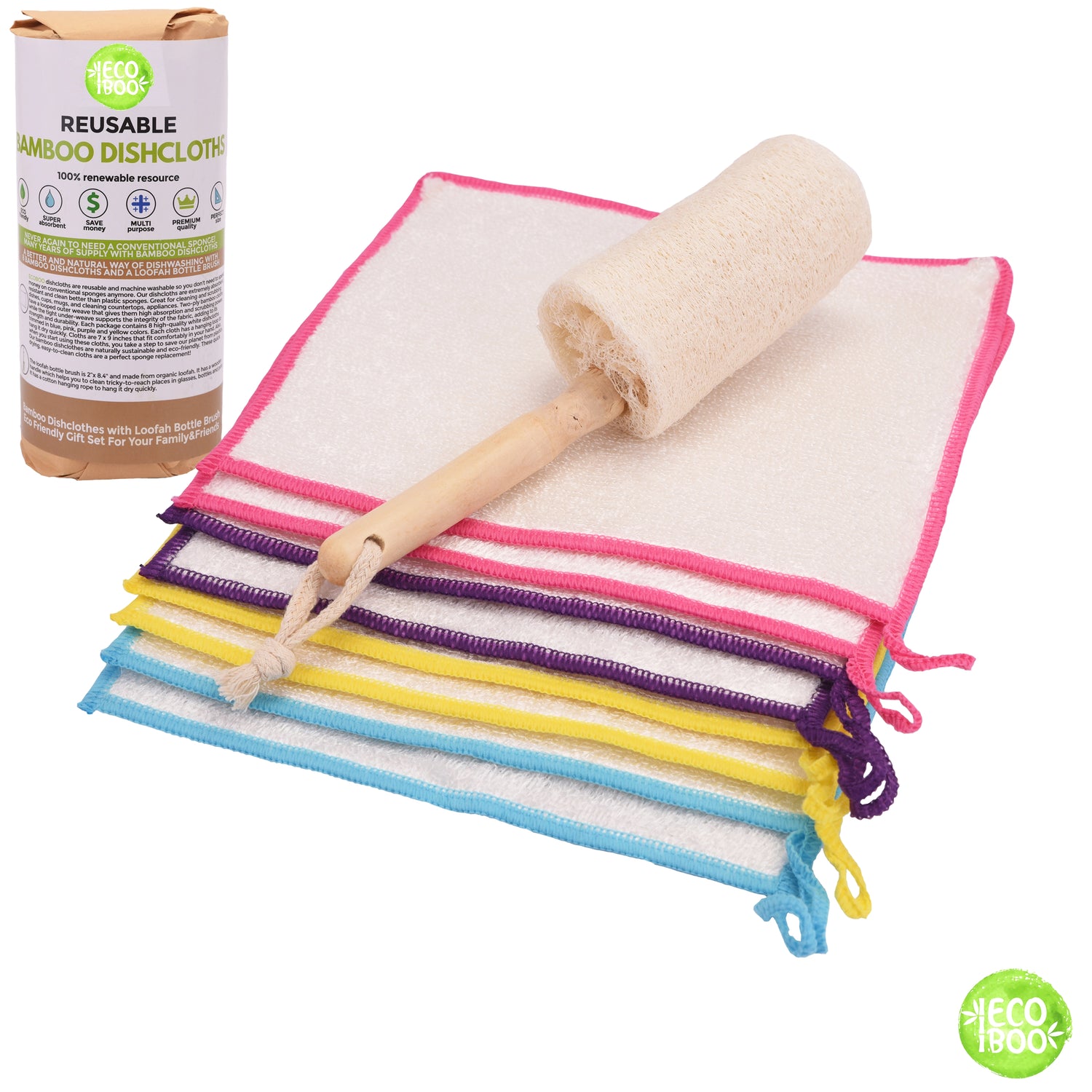Table of Contents
- The Importance of Water Filtration Systems in Today's World
- Understanding Water Contaminants
- Benefits of a Home Water Filtration System
- 1. Improved Health and Wellbeing
- 2. Saves Money
- 3. Better Taste
- 4. Healthier Cooking and Cleaning
- 5. Environmentally Friendly
- Types of Water Filtration Systems
- Are Home Drinking Water Filtration Systems Worth it?
- How Effective is a Water Filtration System?
- Disadvantages of Water Filtration
The Importance of Water Filtration Systems in Today's World
Clean water is essential for a healthy home.
Drinking water straight from the tap may seem harmless, but it can contain impurities that are harmful to your health.
This is why it's important to install a water filtration system in your home.
In this article, we'll discuss the benefits of a home water filtration system, whether it's worth the investment, how effective it is, and its disadvantages.
Understanding Water Contaminants
Before we dive into the benefits of water filtration systems, it is essential to understand the various types of water contaminants that can affect the safety and quality of drinking water.
These contaminants can be broadly classified into three categories:
- Biological Contaminants - These include bacteria, viruses, parasites, and other microorganisms that can cause waterborne illnesses.
- Chemical Contaminants - These include organic and inorganic substances such as pesticides, herbicides, heavy metals, and other harmful chemicals.
- Physical Contaminants - These include sediment, rust, and other particles that can affect the taste, color, and clarity of the water.
Benefits of a Home Water Filtration System

Water filtration systems are designed to remove these contaminants and provide clean and safe drinking water.
Here are some of the benefits of using a water filtration system:
1. Improved Health and Wellbeing
Waterborne illnesses are a significant concern in many parts of the world.
Using a water filtration system can help remove harmful microorganisms such as bacteria, viruses, and parasites that can cause illnesses such as diarrhea, cholera, and typhoid fever.
Drinking clean and safe water can also improve overall health and well-being, leading to a better quality of life.
2. Saves Money
Instead of buying bottled water, a water filtration system can save you money in the long run.
It's a one-time investment that will provide clean drinking water for years to come.
3. Better Taste
Filtered water tastes better than tap water.
A water filtration system removes the impurities affecting tap water's taste and odor, resulting in better-tasting drinking water.
4. Healthier Cooking and Cleaning
A water filtration system not only provides clean drinking water but also improves the quality of the water used for cooking and cleaning.
This means that you'll be using clean water to wash your produce and dishes, resulting in healthier meals and a cleaner home.
5. Environmentally Friendly
Using a water filtration system is an environmentally friendly choice.
It reduces the need for bottled water, which contributes to plastic waste in landfills and oceans.
Types of Water Filtration Systems
There are several types of water filtration systems available, and each has its advantages and disadvantages. Here are some of the most common types of water filtration systems:
1. Reverse Osmosis (RO) Systems
Reverse osmosis systems use a semipermeable membrane to remove contaminants from water. They are highly effective at removing contaminants such as bacteria, viruses, and heavy metals.
2. Carbon Filters
Carbon filters use activated carbon to remove impurities from water. They are effective at removing chlorine, pesticides, herbicides, and other organic contaminants.
3. Ultraviolet (UV) Filters
UV filters use ultraviolet light to kill bacteria and viruses in water. They are highly effective at removing biological contaminants.
Are Home Drinking Water Filtration Systems Worth it?
A home drinking water filtration system is worth the investment.
The initial cost may be high, but it will save you money in the long run by eliminating the need for bottled water.
It's also an environmentally friendly choice that provides clean and safe drinking water for you and your family.
How Effective is a Water Filtration System?

A water filtration system is very effective at removing contaminants from your tap water.
However, the effectiveness of the system depends on the type of filtration method used.
Some filtration methods are more effective than others.
It's important to research different types of filtration methods and choose the one that best fits your needs.
Disadvantages of Water Filtration
1. Initial Cost
The initial cost of a water filtration system can be high, depending on the type of system you choose.
However, it's important to keep in mind that it's a one-time investment that will provide clean drinking water for years to come.
2. Maintenance
A water filtration system requires regular maintenance to ensure that it's functioning properly.
This includes replacing filters and cleaning the system.
3. Space
Some water filtration systems can take up a significant amount of space in your home.
It's important to choose a system that fits your needs and the available space in your home.
4. Some Contaminants Can't Be Removed
While a water filtration system can remove many contaminants from tap water, there are some contaminants that it can't remove.
For example, a water filtration system may not be effective at removing dissolved minerals, such as calcium and magnesium.
5. Dependence on Electricity
Some water filtration systems require electricity to function.
This can be a disadvantage during power outages.
Ecoboo - A Sustainable Cleaning Product Brand
If you're looking for sustainable cleaning products for your home, Ecoboo is an excellent option.
They offer a variety of reusable and eco-friendly products, including reusable paper towels, unpaper towels, bamboo paper towels, and dishcloths made of bamboo.
They also make loofah sponges and brushes for dishwashing.






